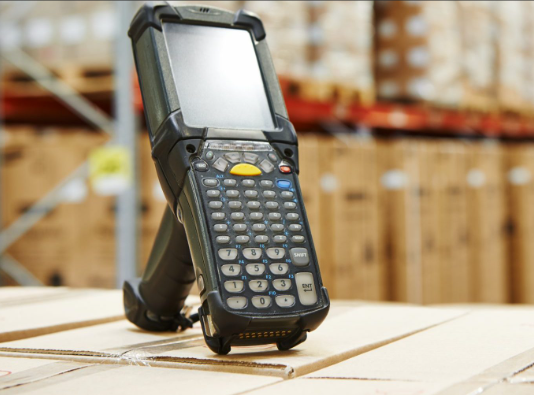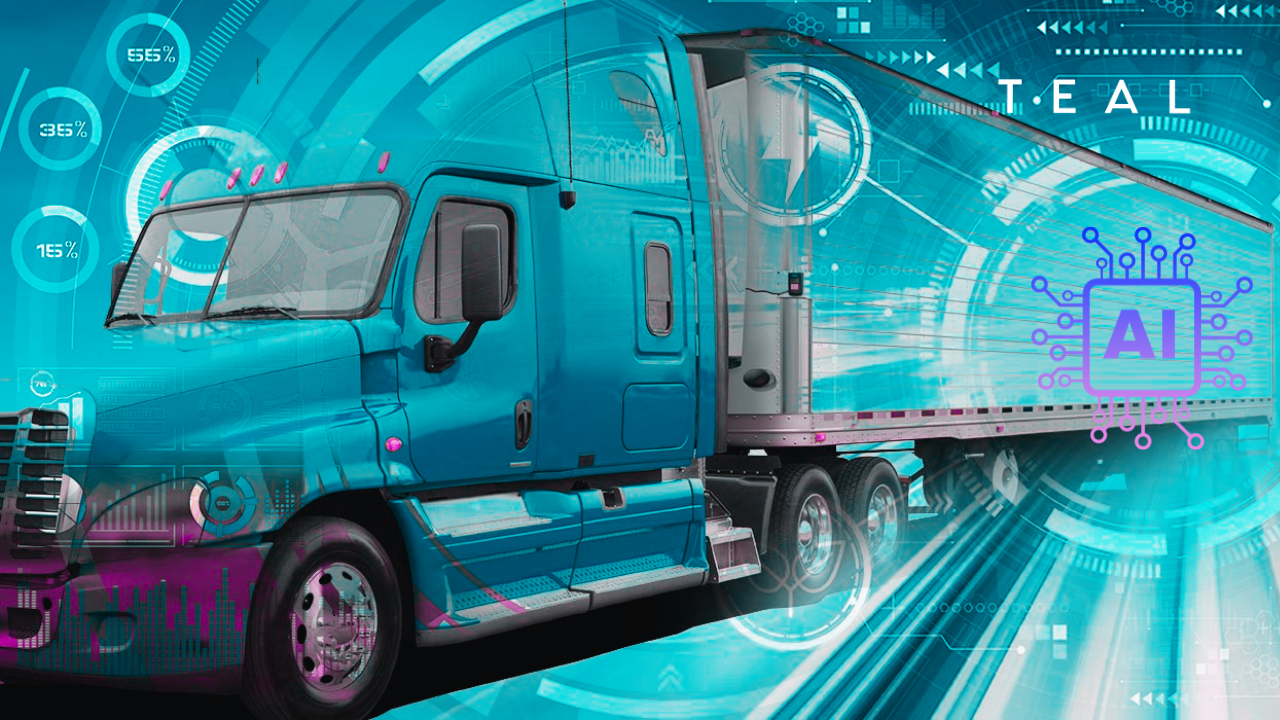Mobile Computers Powered by eSIM: The Ultimate Tool for Improving Efficiency
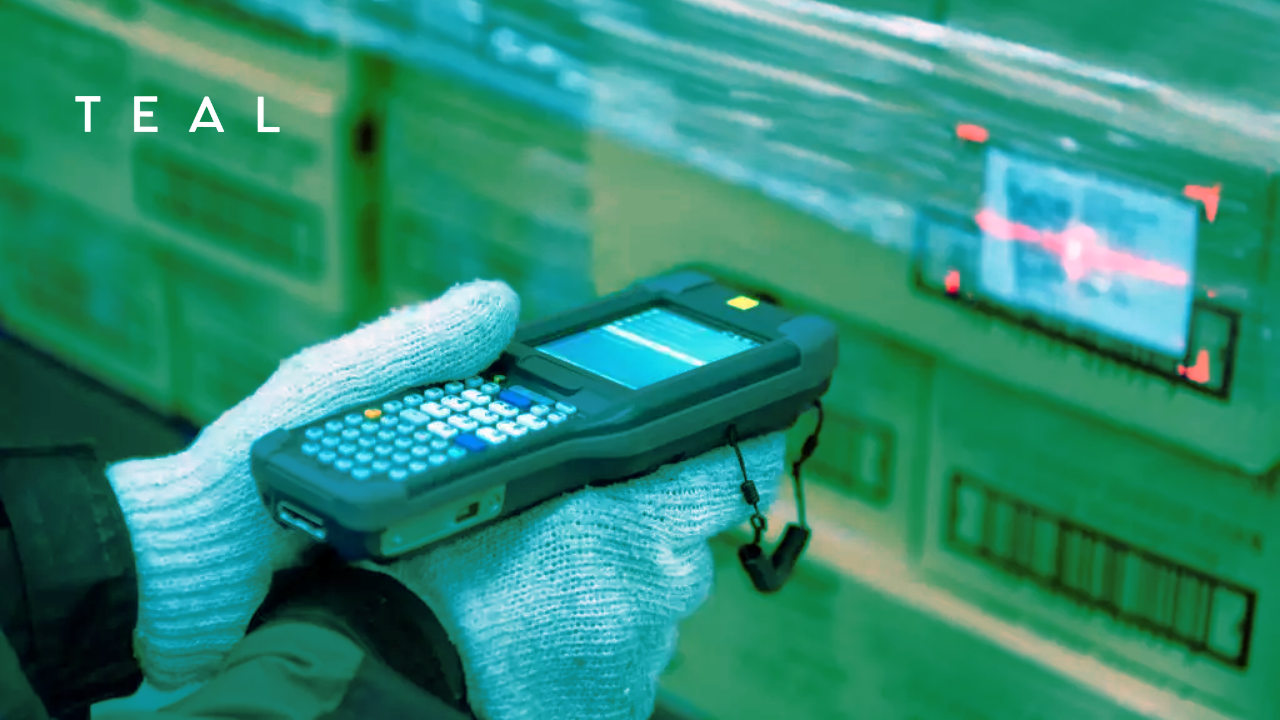
In our fast-paced and dynamic world, the need for efficiency and productivity has never been greater. Gone are the days when computers were heavy and stationary, chained to a desk, and limited in their mobility. Today, mobile computers are a staple in various industries, from healthcare to manufacturing, retail to transportation, and everything in between. With businesses looking for ways to improve efficiency and productivity, mobile computers provide an ideal solution. The rise of handheld computers has revolutionized the way industries operate, enabling workers to access the information, applications, and people they need to get the job done. In this blog post, we’ll explore the benefits of mobile computers, the industries that use them, the different types of mobile computers available in the market and how eSIM technology ensures they are always connected.
The Benefits of Mobile Computers
Mobile computers offer many benefits to businesses deploying them that include:
- Instant access to the needed information and applications while on-the-go, wherever and whenever needed.
- Reduced wait times and faster action by maintenance personnel and other workers to fix problems, answer questions, track products, or provide service on-the-go.
- Reduced paperwork, streamlining the task of gathering data and filing reports.
- Improved communication by connecting delivery drivers/maintenance workers to business systems, enabling them to take photos and submit feedback that is instantly shared to management and stakeholders.
Exploring the Types of Mobile Computers
Rugged Handheld Computers:
When we talk about mobile computers, rugged handheld computers are among the most popular types. These devices are designed to withstand harsh environments, extreme temperatures, and drops from heights. They are ideal for industrial or commercial warehouse workers who need an electronic inventory of the products. Rugged handheld computers are also ideal for field service technicians who work in outdoor weather conditions. These devices come equipped with barcode scanners, RFID readers, and touchscreen displays to aid in the efficiency of the workers.
Vehicle Mounted Computers:
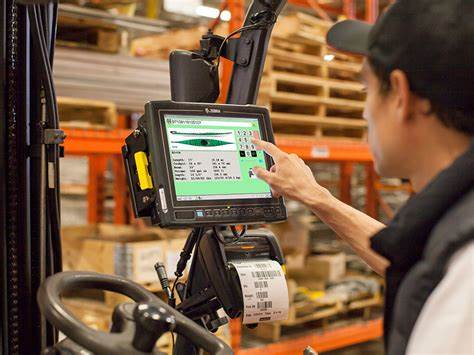 For workers who need to access computer data while traveling, vehicle-mounted computers deliver an ideal solution. These devices can be mounted in commercial vehicles such as delivery trucks, law enforcement vehicles, and public transportation buses. This type of device is ideal for tracking and analyzing vehicle locations, inventory management, and GPS navigation. There are a wide range of vehicle-mounted computers that are easy to integrate and improve transportation workflows across many industries.
For workers who need to access computer data while traveling, vehicle-mounted computers deliver an ideal solution. These devices can be mounted in commercial vehicles such as delivery trucks, law enforcement vehicles, and public transportation buses. This type of device is ideal for tracking and analyzing vehicle locations, inventory management, and GPS navigation. There are a wide range of vehicle-mounted computers that are easy to integrate and improve transportation workflows across many industries.
Wearable Computers:
 Wearable computers are another form of mobile computing that is gaining popularity in various industries such as healthcare, assembly line manufacturing, and field technicians. These devices free up the hands of workers while still providing access to important information. These devices come with several features such as motion sensors, haptic feedback, speech recognition, and gesture recognition technology. They are suitable for use in physically demanding workplaces such as assembly lines, warehouses, and distribution centers.
Wearable computers are another form of mobile computing that is gaining popularity in various industries such as healthcare, assembly line manufacturing, and field technicians. These devices free up the hands of workers while still providing access to important information. These devices come with several features such as motion sensors, haptic feedback, speech recognition, and gesture recognition technology. They are suitable for use in physically demanding workplaces such as assembly lines, warehouses, and distribution centers.
Healthcare Computers:
 Healthcare computers are specialized devices designed to meet the unique demands of healthcare practitioners. They are specifically designed to support medical workflow and record-keeping operations. These devices come with features such as antimicrobial protection, smart card readers, and data encryption features that protect sensitive patient information. Healthcare computers are perfect for busy medical professionals who need access to real-time patient data and critical diagnostic tools.
Healthcare computers are specialized devices designed to meet the unique demands of healthcare practitioners. They are specifically designed to support medical workflow and record-keeping operations. These devices come with features such as antimicrobial protection, smart card readers, and data encryption features that protect sensitive patient information. Healthcare computers are perfect for busy medical professionals who need access to real-time patient data and critical diagnostic tools.
Examples of Use Cases for Mobile Computers
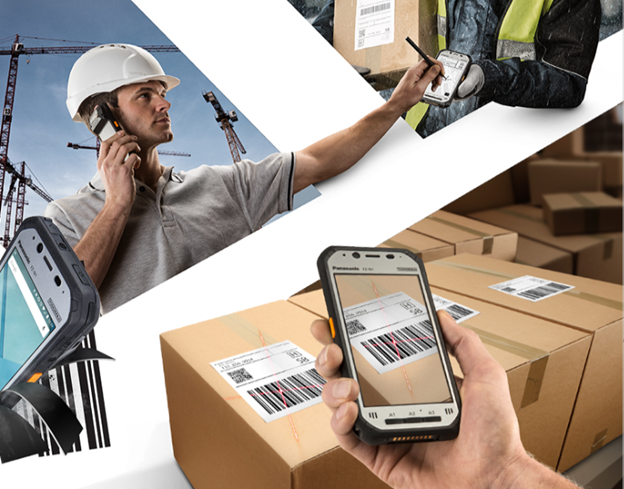
Here are a few examples of how different industries use mobile computers:
- Warehouse Workers: Keeping track of inventory in a commercial or industrial warehouse. Handheld computers are used to scan incoming and outgoing products, creating electronic inventory.
- Delivery Workers: FedEx or UPS delivery brings a package to your door, they scan it with a rugged handheld computer: records the package as delivered and saves the time and hassle of having to go into a computer system to update the package status manually.
- Event Admissions: At a concert or sports event, a scanner is used to scan tickets. With mobile ticketing becoming the norm, your event tickets are delivered right to your email inbox with a special barcode. You don’t even have to print them out. When you show up at the event, a mobile computer will scan the barcode, and you’re in the door!
Leading Providers of Mobile Computers
There are various providers of mobile computer in the market today, and below are some examples of leading brands that are trusted by organizations across many industries that include:
Zebra Mobile Computers:
Zebra Technologies is a leading provider of mobile devices across various industries. Their portfolio of products includes handheld, tablet, and vehicle-mounted devices that can handle both general and customized work requirements. Zebra devices feature robust features such as GPS, Wi-Fi, NFC, and a range of other sensors.
Motorola Mobile Computers:
Motorola Solutions creates rugged mobile computers that are made to withstand challenging operating conditions. These devices feature a range of wireless communication options such as WWAN, WLAN, GPS, and Bluetooth to assure seamless operations no matter the location. Motorola mobile computers offer various features tailored for different industries such as healthcare, retail, and supply chain.
Honeywell Handhelds:
Honeywell creates a range of mobile computers with features tailored for specific applications and operating environments. They offer a variety of devices such as scanning terminals, handheld computers, device-management software, and motion sensors. Honeywell products come packed with features such as 4G/LTE, Wi-Fi, Bluetooth, and NFC connectivity. They also allow for extensive configurations that reflect the demands of different operating conditions.
Staying Connected: Overcoming Connectivity Challenges with eSIM Technology for Mobile Computers
With mobile devices come common connectivity challenges, including lack of coverage and network issues. These challenges impact the efficiency and effectiveness of mobile computing in business operations. Fortunately, eSIM technology offers a solution to these problems.
One of the most significant benefits of eSIM technology is the ability to provide a seamless, always-connected experience. eSIM technology from Teal offers robust connectivity, enabling mobile computers to connect effortlessly to any data network enabling mobile computers to switch seamlessly between any carrier worldwide. eSIM technology allows businesses to have greater control over their devices, providing maximum flexibility to fit their changing needs.
eSIM technology can also bring cost savings, especially for businesses with employees working remotely. With eSIMs, mobile workers can connect to local networks more affordably compared without incurring roaming charges, which can be costly and unpredictable. Moreover, businesses can avoid swapping SIM cards for different carriers, which may require additional hardware or manual intervention, leading to more expenses. eSIMs from Teal can be provisioned over-the-air (OTA), removing the need for “truck rolls” or ever needing to touch a physical SIM card. By leveraging eSIM technology, businesses can predict and manage their mobile data costs better, even with a distributed workforce.
eSIM technology provides a range of benefits that help businesses overcome common connectivity challenges for mobile computers used in various industries. By offering enhanced connectivity, improved security, greater control, and flexibility, cost savings, and simple migration and activation, eSIMs simplify mobile computing operations and improve productivity and efficiency. If you’re looking to streamline your mobile workforce and improve the mobile experience for your employees, consider leveraging eSIM technology and reap its advantages. With enhanced connectivity, mobile workers can complete tasks faster and collaborate more efficiently, ultimately improving business operations.
Find out if eSIM is right for your business. Set a time to meet with a Teal expert today!
Recent Posts
TEAL Announces its Attendance at Automate, North America’s Largest Automation Tradeshow
Teal Communications Staff2024-04-29T20:45:44+00:00
Revolutionizing Fleet Management with AI-Driven Telematics Solutions
Teal Communications Staff2024-04-26T21:30:35+00:00
How Reliable Connectivity Is Keeping Our Planet Clean and Green
Teal Communications Staff2024-04-24T15:14:27+00:00

